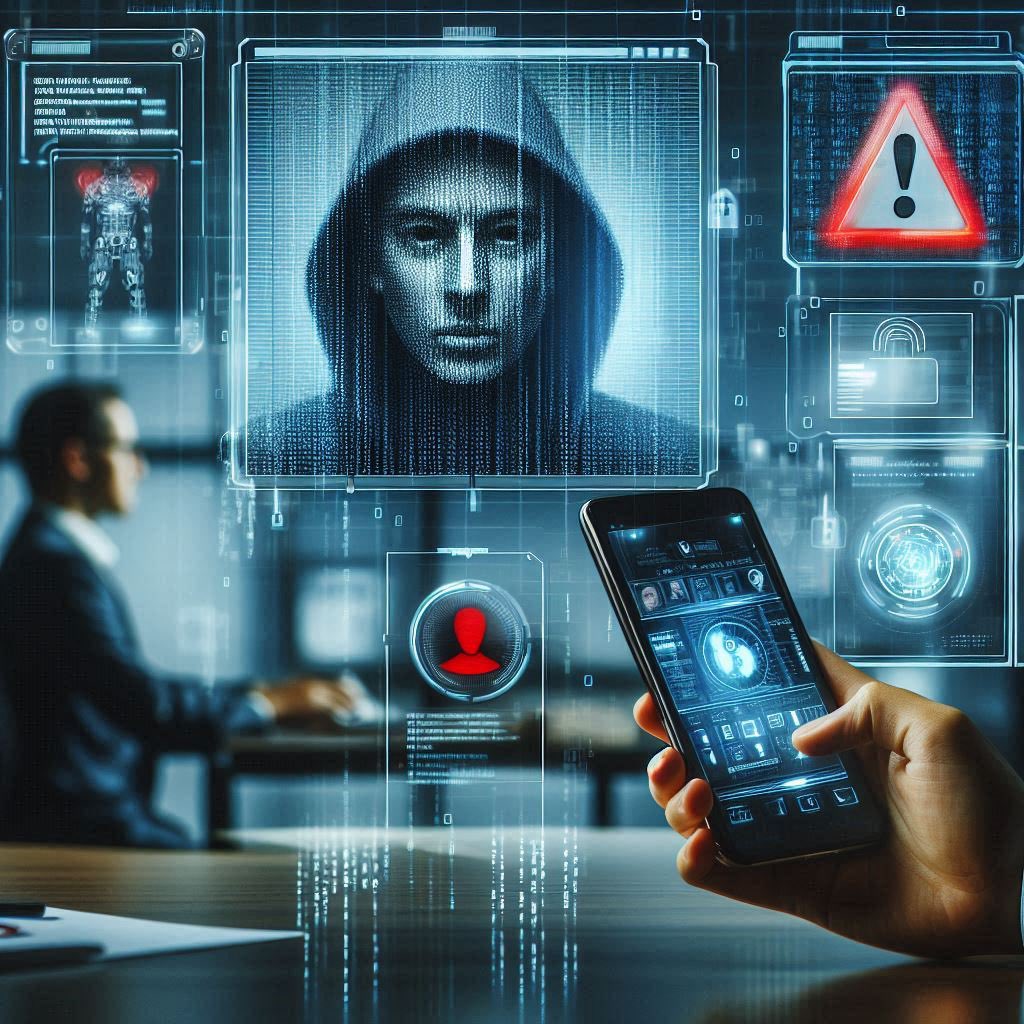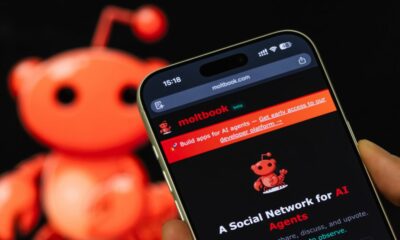News
South Africa Faces a Deepfake Crime Wave: Why Trust Is on the Line

A new kind of crime is spreading across South Africa, and it doesn’t happen in the shadows of a back alley but on the bright screens of our phones and laptops. Deepfakes AI-generated videos, voices, and images that convincingly impersonate real people are emerging as the latest tool for fraudsters. And the country is seeing an explosion in cases.
According to TransUnion Africa, incidents of deepfake-related crime in South Africa jumped a staggering 1,200% in just one year. The warning comes from Amritha Reddy, Senior Director of Fraud Product Management at the company, who describes the rise as nothing less than a “trust crisis.”
How AI Turned Crime Into a High-Tech Game
South Africa’s digital world is thrivingsometimes to its own detriment. With nearly 79% internet penetration, over 50 million active users, and more mobile connections than people, the country has become fertile ground for cybercriminals. Social media alone has about 27 million local users, creating endless opportunities for impersonation and fraud.
Deepfakes are more than doctored videos of celebrities; they now fuel scams across multiple industries. Banks and fintech platforms are battling AI-generated identity fraud. Insurance companies face false claim videos and forged medical documents. Even retailers and government institutions have been tricked by synthetic storefronts, cloned voices, and manipulated political content.
“It’s no longer just a tech issue,” Reddy cautions. “It’s a trust issue for businesses, for government, and for every consumer.”
South Africans React: Fear and Frustration Online
On X (formerly Twitter) and Facebook, South Africans are already voicing their unease. Some warn friends and family to be cautious of phone calls from “bank consultants” who sound eerily convincing. Others joke darkly about how even politicians may one day claim, “It wasn’t me, it was a deepfake.”
But underneath the humor lies genuine worry. Ordinary South Africans are asking: If I can’t trust what I see or hear online, what does that mean for my safety and money?
What Businesses and Regulators Need to Do
Reddy argues that the fight against AI crime must itself be powered by AI. Banks and companies are being urged to adopt tools like biometric authentication, anomaly detection, and device fingerprinting all designed to separate real from fake.
Interestingly, consumers seem ready to accept stricter security measures. A TransUnion survey revealed that 88% of South Africans prefer stronger protection over convenience or even price. Trust, it seems, has become more valuable than speed.
But the solution doesn’t end with businesses. Reddy stresses that regulators need to step up. Laws and compliance frameworks must catch up to technology, with harsher penalties for those caught abusing deepfake tools.
“We’re already reaching a point where deepfakes are impossible to spot,” she warns. “If regulators don’t move quickly, South Africans may stop trusting digital platforms altogether.”
A Digital Literacy Gap
Beyond technology and laws, there’s also a cultural dimension. South Africa’s youth are tech-savvy but often underestimate the risks. From WhatsApp scams to fake job offers on social media, many are falling victim simply because they lack digital literacy.
Teaching young people and adults how to question what they see online could be just as important as deploying the most advanced security software.
A Crisis That Crosses Borders
South Africa isn’t alone in this battle. Globally, deepfake-related fraud has climbed 7%, reflecting a shared challenge. But the stakes here feel uniquely high. With so many people dependent on mobile banking, e-commerce, and online government services, a collapse in digital trust could ripple across the economy.
That’s why Reddy calls for cross-sector and cross-border collaborationfrom sharing fraud intelligence between banks and telecoms to building international partnerships against cybercrime syndicates.
South Africa is on the frontline of a new digital crime wave. Deepfakes may look like clever tricks at first glance, but their impact is serious: stolen money, broken trust, and shaken confidence in the very tools we rely on every day.
The message is clear: without stronger defences, smarter regulations, and better public awareness, this high-tech crime could undermine the foundations of South Africa’s digital future.
{Source: BusinessTech}
Follow Joburg ETC on Facebook, Twitter , TikTok and Instagram
For more News in Johannesburg, visit joburgetc.com



























